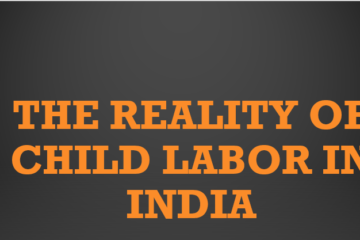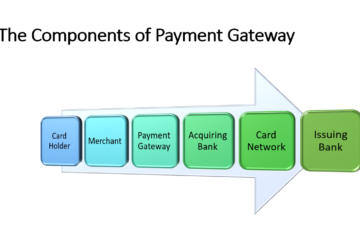

Introduction
The Indian government has always placed a high priority on education, recognizing its crucial role in the country’s development. In 2023, the government announced several new policies aimed at transforming the educational landscape in India. In this blog post, we will discuss these policies and their potential impact on the country’s educational system.
Policy 1: Introduction of the New National Education Policy (NEP)
The new NEP aims to provide a more holistic and flexible approach to education. The policy proposes sweeping changes that will impact all levels of education, from preschool to higher education. The policy seeks to promote multidisciplinary learning, integration of technology, and a flexible curriculum that caters to individual student needs.
Policy 2: Emphasis on Digital Education
The Indian government has recognized the importance of digital education and has introduced several policies to promote it. The Digital Education Quality Assurance (DEQA) program has been launched to ensure the quality of digital education across the country. Additionally, the government has proposed the setting up of a National Educational Technology Forum (NETF) to promote the use of technology in education.
Policy 3: Focus on Teacher Training and Development
The government has emphasized the importance of teacher training and development to improve the quality of education. The National Teacher Platform (NTP) has been introduced to provide a digital platform for teachers to access training and development resources. Additionally, the policy proposes the setting up of a National Research Foundation (NRF) to support research in education and develop innovative teaching methods.
Policy 4: Increased Funding for Education
The government has recognized the need for increased funding for education to achieve its vision for the sector. The policy proposes increasing the allocation for education to 6% of India’s Gross Domestic Product (GDP). The government has also introduced a new tax scheme, where taxpayers can receive a deduction for donations made to educational institutions.
Policy 5: Promotion of Vocational Education
The policy emphasizes the importance of vocational education and the need to promote it. The National Skills Qualification Framework (NSQF) has been introduced to promote vocational education and provide certification to students. The policy also proposes the setting up of a National Apprenticeship Promotion Scheme (NAPS) to encourage apprenticeship programs and provide job opportunities for students.
Impact of the Policies
The introduction of these policies is expected to have a significant impact on the educational landscape in India. The focus on digital education and teacher training is expected to improve the quality of education and increase access to education for students across the country. The increased funding for education and promotion of vocational education is expected to provide more opportunities for students and improve their employability.
Conclusion
The new educational policies introduced by the Indian government in 2023 are aimed at transforming the educational landscape in the country. The policies are expected to improve the quality of education, increase access to education, and provide more opportunities for students. The government’s focus on digital education, teacher training, and vocational education is expected to bring about a positive change in the educational sector. With these policies, India is on its way to becoming a global leader in education.




























































